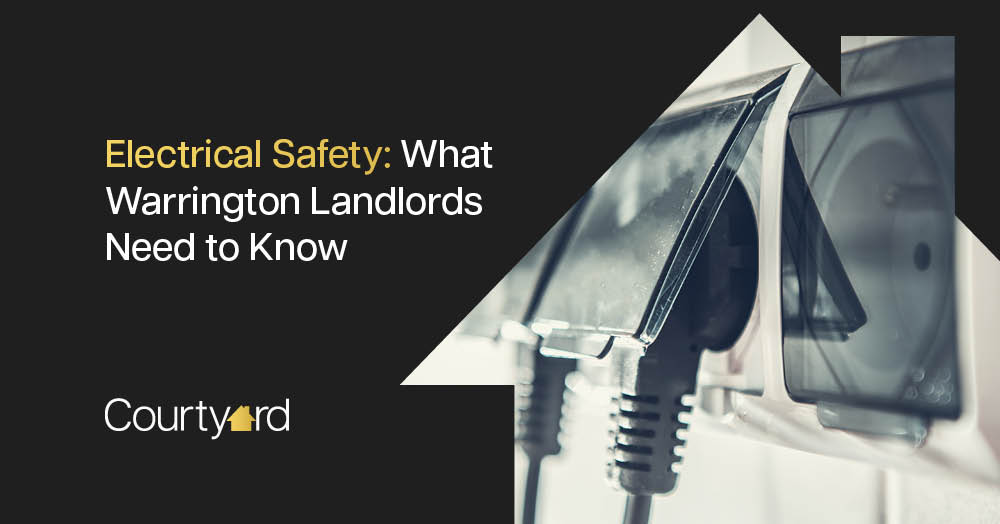A shocking 53.4%* of house fires are caused by electrical hazards, according to a new report from the electrical trade body NICEIC. Here’s what landlords must know about electrical safety in their property.
Landlords’ responsibilities for electrical safety
Landlords are legally responsible for the safety of the permanent wiring in their property. They’re also responsible for the electrical safety of any appliances they provide.
While landlords aren’t responsible for electrical appliances that belong to their tenants, they should be conscious of the safety risks these can present.
Action landlords should take
Ensure your property’s electrical system is tested
By law electrical systems in rented accommodation should be tested at least every five years by a qualified and competent electrician.
A copy of a valid Electrical Installation Condition Report (EICR) should be made available to your tenant. A valid EICR may be needed for any property licence applications, too.
Conduct portable appliance testing (PAT testing)
If you provide any portable appliances (like kettles, toasters, microwaves, lamps or portable heaters) they should be PAT tested from time to time.
An electrician or a PAT testing service can do this.
Prioritise tenant concerns about electrical safety
If a tenant contacts you with concerns about electrical systems or appliances investigate them – and rectify any faults – promptly.
Paul Collins, Technical Director of NICEIC, says that electrical appliances should not overheat, emit a burning smell, buzz or trip your electricity. If a light is flickering or tripping the electricity this could be a sign of faulty wiring.
Carry out periodic property inspections
All landlords should inspect their rentals from time to time. Observing (without touching) the condition of electrical systems and appliances should be part of this.
Mr Collins suggests checking consumer units for any visible signs of damage, buzzing or a burning smell. He advises scanning socket outlets, switches and lights for cracks, scorch marks, buzzing noises, a burning smell, flickering, loose fittings or any signs of overheating. Also, check appliance cables for fraying, exposed wires or burn marks.
If you become aware of any electrical safety issues in your property, take advice from an electrician. Don’t attempt to fix them yourself.
If you’d like to know how our property letting and management services can help make your life as a landlord easier, call us today.
We hope you’ve found this article interesting. Please feel free to share it.


